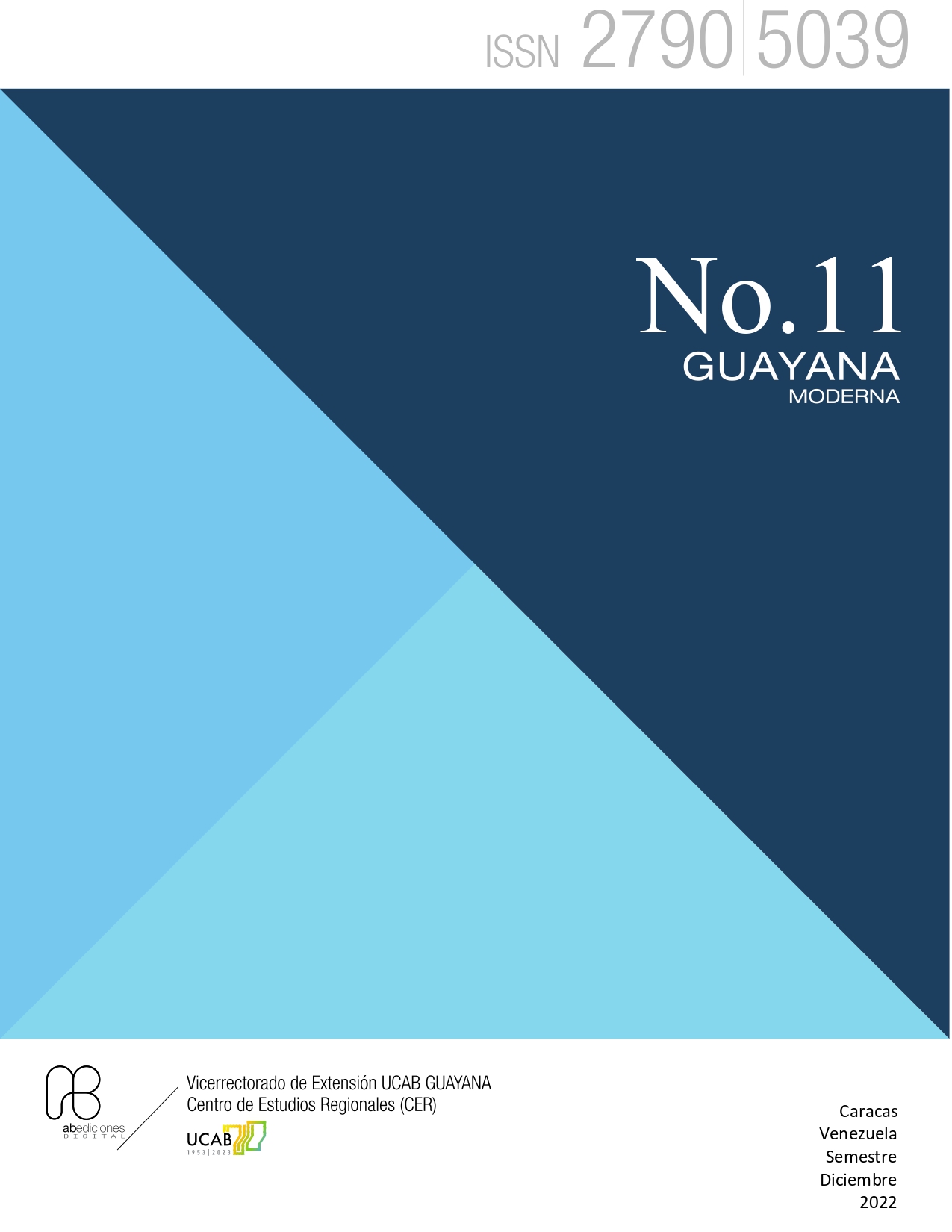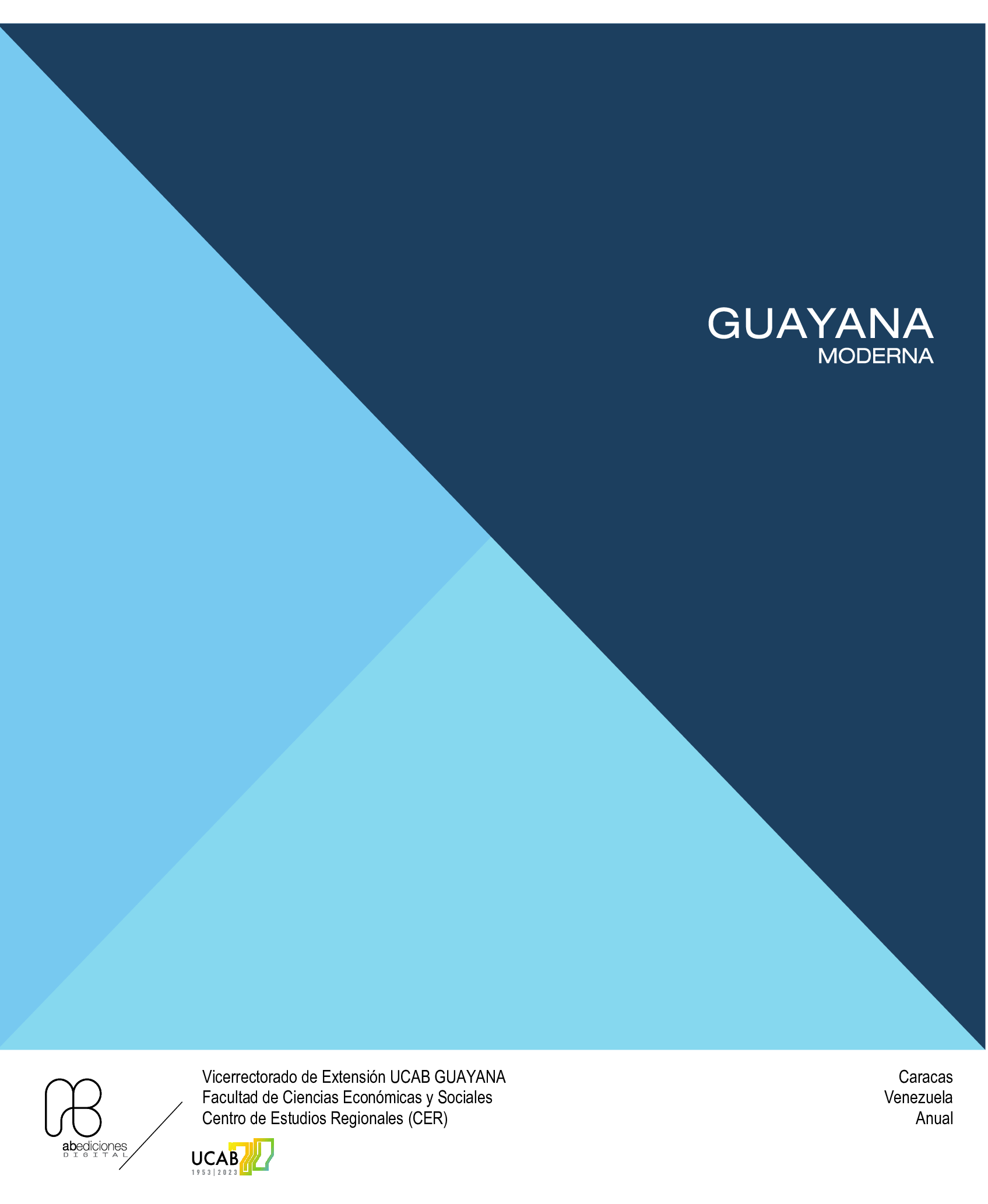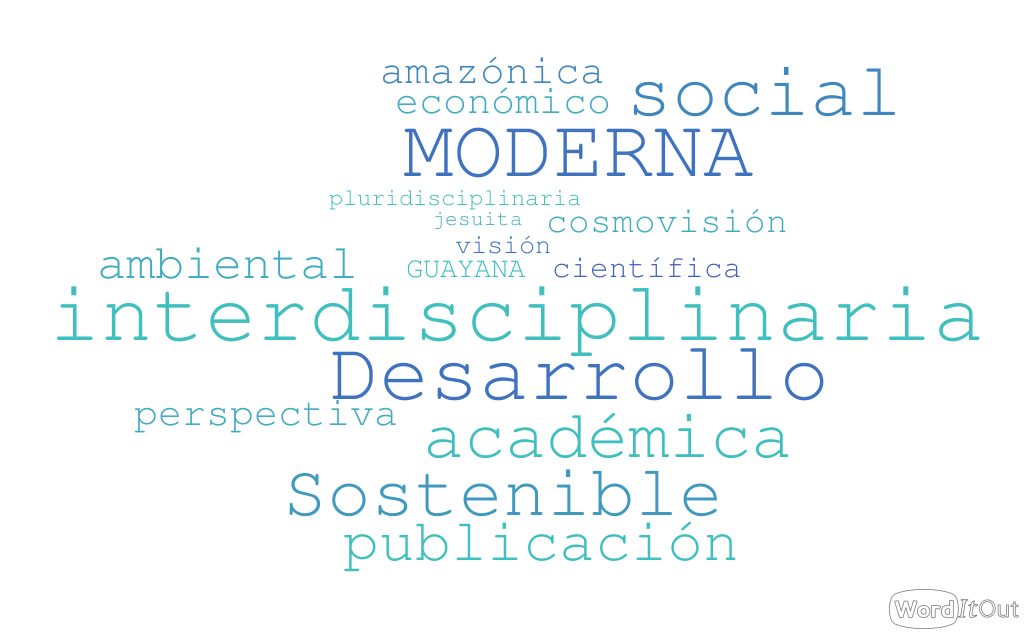The neo-extractivist model in Mexico, a first analysis: impacts and challenges
DOI:
https://doi.org/10.1234/gm.v11i11.5869Abstract
The neo-extractivist model has been based on the intensive exploitation of natural resources with little or any transformation to be exported and sold in the international markets. Several Latin American countries, including Mexico, have been exploiting oil resources for decades for the sake of higher income to finance their industrialization and development. This research has had the objective of establishing an analysis of the extractive exporting model of Mexico in the oil industry, using a deductive, explanatory methodology, carrying out a documentary review contrasted with comparative statistics. An answer was sought to the research question (Q1): Has the oil neo-extractivist model in Mexico contributed to the healthy development and growth of the extractive industry? For this, the evolution of two indicators was reviewed, the growth rate of oil production and the value of these crude oil exports from the decades of 1990 to 2020. The results and the discussion presented show that the extractive oil industry in Mexico is marked by a considerable decrease in oil production and exports, which has caused the management of the Mexican oil extractive model to be strongly questioned, given that oil revenues have been used mainly to finance public spending for decades, strongly eroding the state's oil industry, highly indebted and with a tax burden and administrative failures, that have drowned it and have mutilated its development and business strengthening.
Keywords: Neo-extractivism, oil industry, Mexico, productive development.








